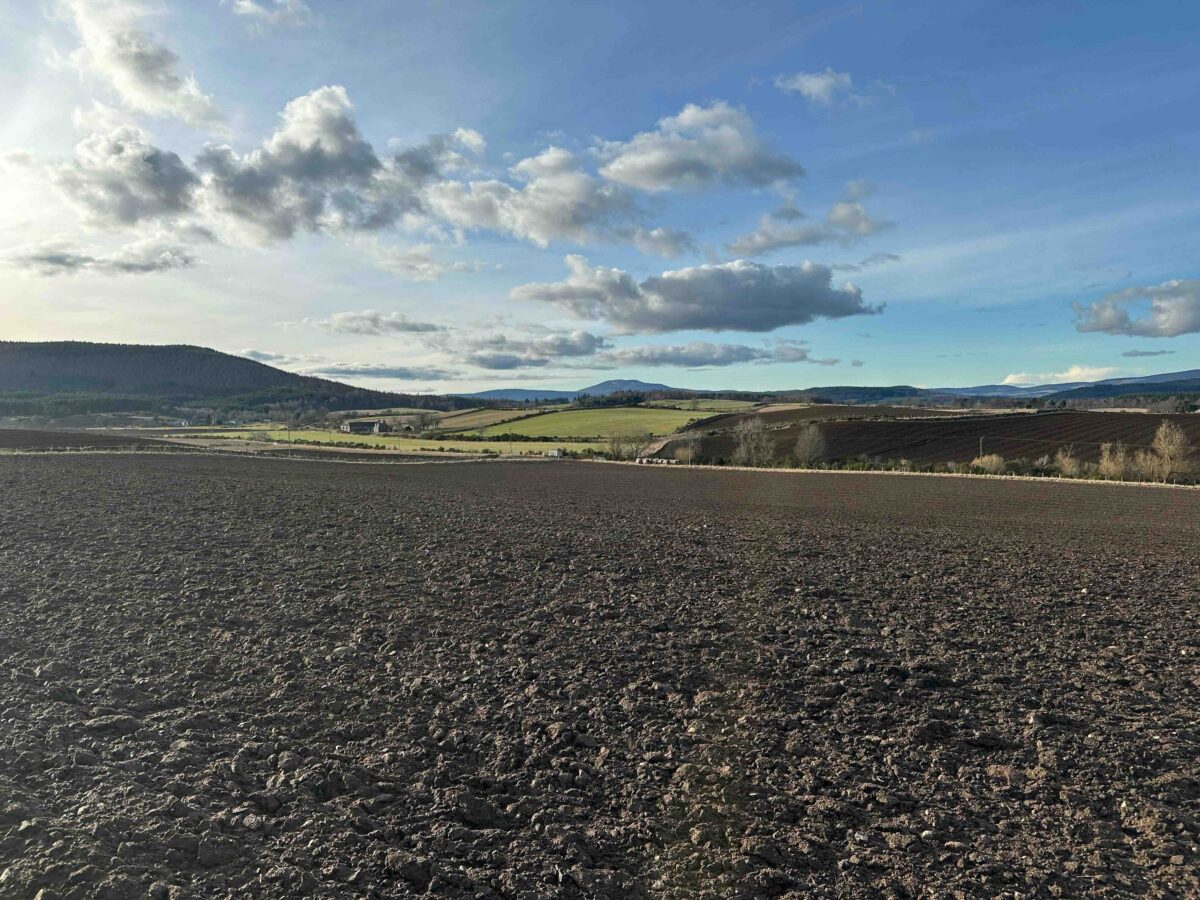Listen carefully: Unless a grain of wheat is buried in the ground, dead to the world, it is never any more than a grain of wheat. But if it is buried, it sprouts and reproduces itself many times over. In the same way, anyone who holds on to life just as it is destroys that life. But if you let it go, reckless in your love, you’ll have it forever, real and eternal.
Jesus (John 12:24 paraphrased in “The Message” bible)
The big days of Easter are Good Friday and Easter Sunday.
Good Friday is all about death, suffering, abandonment, sacrifice, grief.
Easter Sunday is all about life, resurrection, power, restoration, hope.
Australian’s even get a public holiday on the Monday for some reason. But the Saturday… it’s just a normal Saturday. Life goes on.
…
As I’ve been walking my own path of grief over the last few months with a relationship breakdown, I’ve had this short teaching from Jesus rolling around in my head: “Unless a grain of wheat is buried in the ground… it is never any more than a grain of wheat”. For me, I had to let something go, watch it fall to the ground, watch it die. And trust for something new, something with new life, something as yet unknown, was going to emerge on the other side.
But between the death, and the resurrection, is the Saturday. The day where the body is lying in the ground.
It’s not hard to imagine what that day felt like for those closest to Jesus.
The shock of the day before, the grief, the loss. Apparently he’d hinted at a resurrection but it doesn’t seem like any of them were feeling that hope on Saturday. The lifeless body had a finality to it. They wouldn’t see his smile again, hear his voice again, eat a meal with him again.
And just as their friend’s body was lifeless, so too all the hope they had tied up in him as their leader would have felt lifeless… it was over, it was futile. The talk of “the coming Kingdom” felt real at the time, but it amounted to nothing.
The Saturday is rough.
And it’s a key part of human experience.
The thing you knew is dead and buried. And there’s no sign of new life yet. And for now, this is where you are, and this is it.
There’s a certain grace in this story that Jesus’ death came as the Sabbath started… the rhythms of life went on, but the rhythms told his friends and family to stop, to rest. To not try figure out the next steps. Not yet.
There is hope. That’s the Easter story. But on the Saturday you probably won’t feel any of that.
And that’s okay, because the resurrection doesn’t require us to do anything. It doesn’t even require us to believe anything or maintain a minimum level of hope. The new life that is going to come isn’t something we need to organise or lobby for or make happen. It will be given, it will be undeserved, it will be grace.
And that’s good, because when it’s Easter Saturday, we probably don’t have it in us to do anything. The grief is real, the hopelessness is real. We just wait.
(And if we can, rest.)
